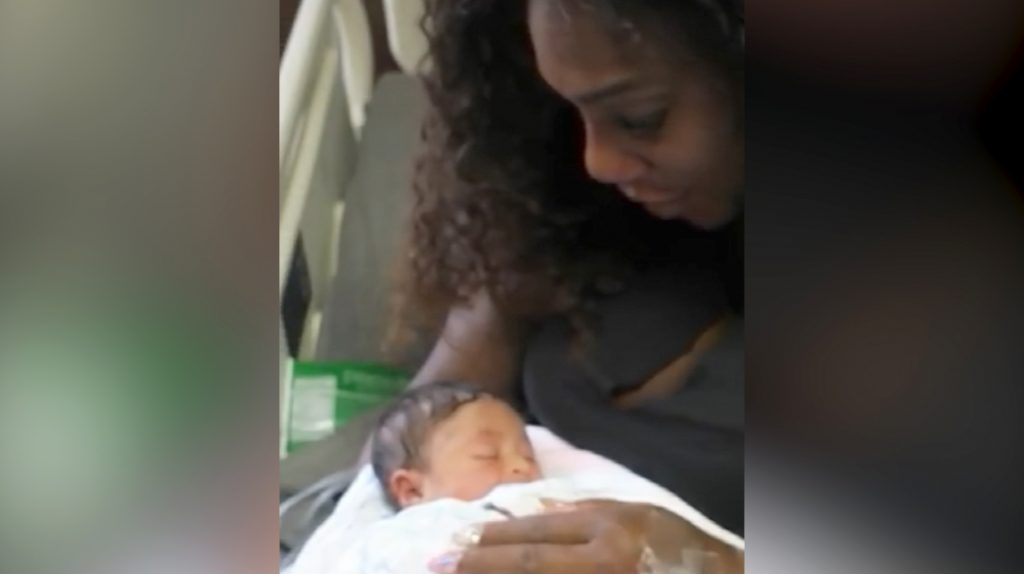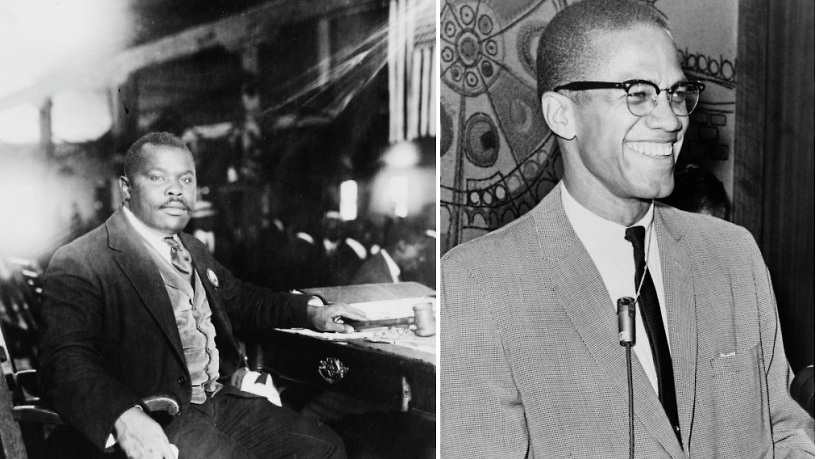(ThyBlackMan.com) There’s a common misconception that a father’s responsibilities don’t start until after the baby has arrived. Besides ensuring that they can provide for the baby, most men assume you show up at the hospital and hold the mother’s hand as she gives birth. Contrary to popular belief, your input and support are needed throughout the pregnancy, labor, and delivery process. After all, part of your job as the father-to-be is to protect both mother and baby and ensure that they come home happy and healthy.
It may seem like a cut and dry process. Your partner gets pregnant, carries the baby for nine months, then delivers the baby. Unfortunately, it’s not always that simple. Carrying a baby to term and having smooth childbirth is not without its challenges. Take tennis sensation Serena Williams, for example. Though she had a good pregnancy and ultimately delivered a precious baby girl, she almost lost her life in the process.
Serena’s Story
In September of 2017, Serena was experiencing contractions and decided to go to the hospital. After monitoring both mother and baby, medical professionals advised an emergency c-section. The baby’s heart rate dropped during contractions, and doctors wanted to ensure everything was ok. The surgery was completed without a hitch, and Serena Williams gave birth to her daughter Olympia.
Only 24 hours after giving birth, things started going wrong. She had a medical history of pulmonary embolism, which is a condition that causes arteries in the lungs to produce clots. The condition resulted in several life-threatening issues, including reopening the c-section wound from coughing so much. When treated for this problem, doctors discovered a swelling of blood in her abdomen, which ultimately led to them performing surgery to prevent the clot from traveling to her lungs.
While it’s excellent that Serena was aware of her body and adamant about seeking treatment, she could have lost her life if she hadn’t spoken up. Unfortunately, this type of thing happens to women of color frequently as they are three times more likely to die during childbirth or as a result of childbirth-related problems.

What Does This Mean For You?
Serena Williams had the support of her husband, an excellent medical team, and the knowledge to know when something wasn’t right. Not every woman is this fortunate, which is why they need our help as men. Here are a few key takeaways from Serena’s story.
You Need Adequate Health Insurance
One of the most significant issues is the ability to afford quality healthcare. As covering these expenses out of pocket can prove overwhelming, you must invest in adequate insurance. Fathers can talk to their human resource department about insurance options and ensure that their women have the coverage they need. If that isn’t an option, look into affordable health insurance options through the government.
Be Choosy About Your Doctor
The quality of care your significant other and unborn child receive throughout the pregnancy is essential to their safety and well-being. Don’t simply accept the first assigned physician or clinic to get care. You have a right to be choosey. Contact your insurance provider to find out which doctors are in your network. Then research to determine who best fits your needs.
Knowledge Is Power (And Potentially Life-Saving)
Serena’s awareness of her medical history and her body kept her on guard after giving birth. As the partner and father, knowing your partner’s condition every step of the way could potentially save her life. Be there when she goes to her appointments. Whether it’s to receive Hologic women’s health testing to check her vaginal health or view the ultrasounds, it’s an opportunity to educate yourself. The more informed you are, the easier it is for you to support during her pregnancy and childbirth and raise questions when something doesn’t seem right.
Minority women and their unborn children are more likely than any other race to die during the pregnancy and childbirth experience. As the head of the family, partner, and protector, it’s essential to be there from when she finds out she’s expecting until the baby arrives (and throughout the child’s life, of course). As you can see, your presence, support, and knowledge could be the very thing that ensures they both come home happy and healthy.
Staff Writer; Fred Jacobs
















Leave a Reply